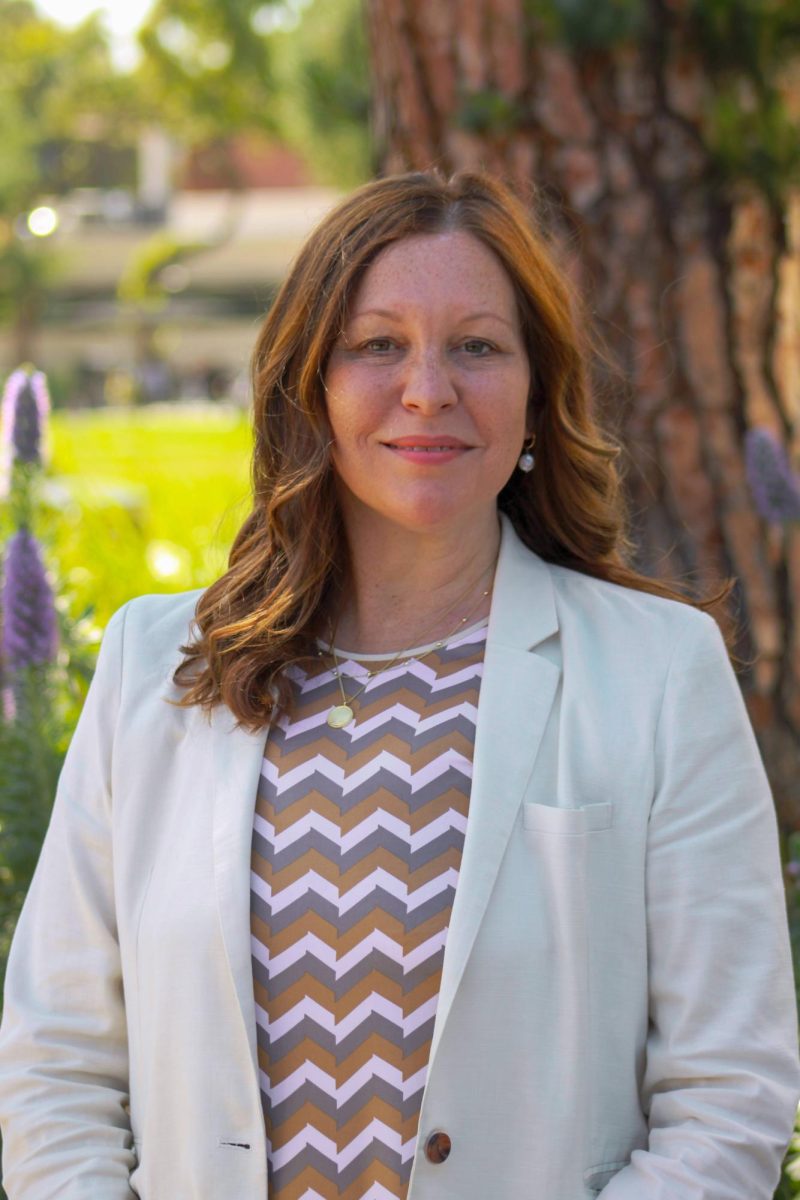Reporter
Transferring from local community colleges to CSU Bakersfield has become a hassle for many incoming students. Many have complained about misinformation and a process that forces them to jump through hoops for their education.
On the surface, the transfer process seems easy enough as long as students take and pass the correct courses. This becomes difficult when students are given the wrong information and are advised to take unnecessary classes.
Some also feel as if counselors are not readily available or willing to help.
Paola Robles is a business major who transferred from Bakersfield College and recently graduated from CSUB.
The only problem she has had is that some of the counselors can be rude.
“[They] sometimes make it seem that they don’t really want to help you,” said Robles.
Even students who began their education at CSUB have faced difficulties when dealing with counselors.
Alex Medellin recently graduated from the university with her degree in communications and said that “the counselors blow.”
“I was given the wrong information three times and I graduated two quarters later than I should have,” said Medellin.
This makes it important for students to be vigilant about their coursework and take advantage of all of the resources presented to them. Many of these same principles apply when transferring from one four-year university to another as well. A lack of knowledge about the matter combined with misleading information from counselors has cost students their valuable time and money for years.
Even students entering a four-year university straight out of high school have faced issues; some who have earned AP credit in high school are being told to take classes that they do not need. Students at community colleges are not being properly informed of which classes will or will not transfer to the university level. By becoming more aware, students can work toward their degrees without being hindered by repeated classes and unfavorable transfer stipulations.
Elizabeth Fernandez, an accounting major who transferred from Bakersfield College, said that she thinks being a good student helped her during the transfer process. While she did say that she was unsure if the university helped her to the best of its ability, she acknowledged that the counselors she has met with have provided her with accurate information.
“On my very first visit with the adviser, I was given this sheet with the classes I need to complete for my major,” said Fernandez.
Fernandez’s comments reflect an effort by CSUB administration and staff to create an individualized academic plan for each student in preparation for the coming quarter to semester change that will take effect in fall 2016.
The hope is that these plans will alleviate some of the concerns students have about graduating on time.
Although many students share concerns over the coming change, there are students at BC and Taft College who will be welcoming the semester system.
Meera Patel is a human biology major in her first quarter at CSUB after transferring from community college.
Patel said that “transferring from a junior college to CSUB was slightly difficult because BC is on the semester system.”
Aside from meeting with counselors on a regular basis, there are other simple ways in which students can become more proactive than reactive as it pertains to their education. Websites like assist.com clearly lay out which credits earned at a community college will transfer to a CSU or UC. It also helps to know the minimum GPA that universities require when reviewing transfer applications. Community colleges often have articulation agreements with many universities that specifically outline the transfer policies for a particular academic program.
These agreements can typically be found on the school’s website. Moving forward, it appears CSUB’s staff has placed the onus on itself to correct its mistakes and better educate students and prospective students about their options when it comes to transferring and staying on track to graduate in a timely manner.






